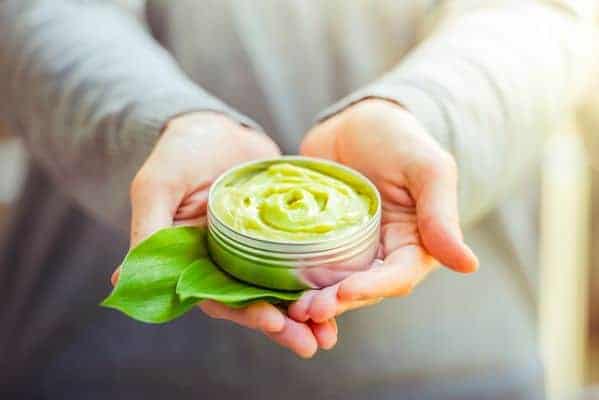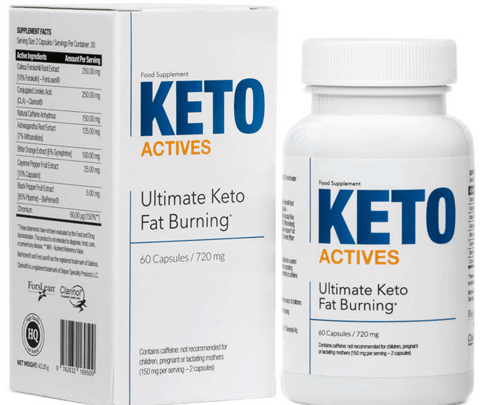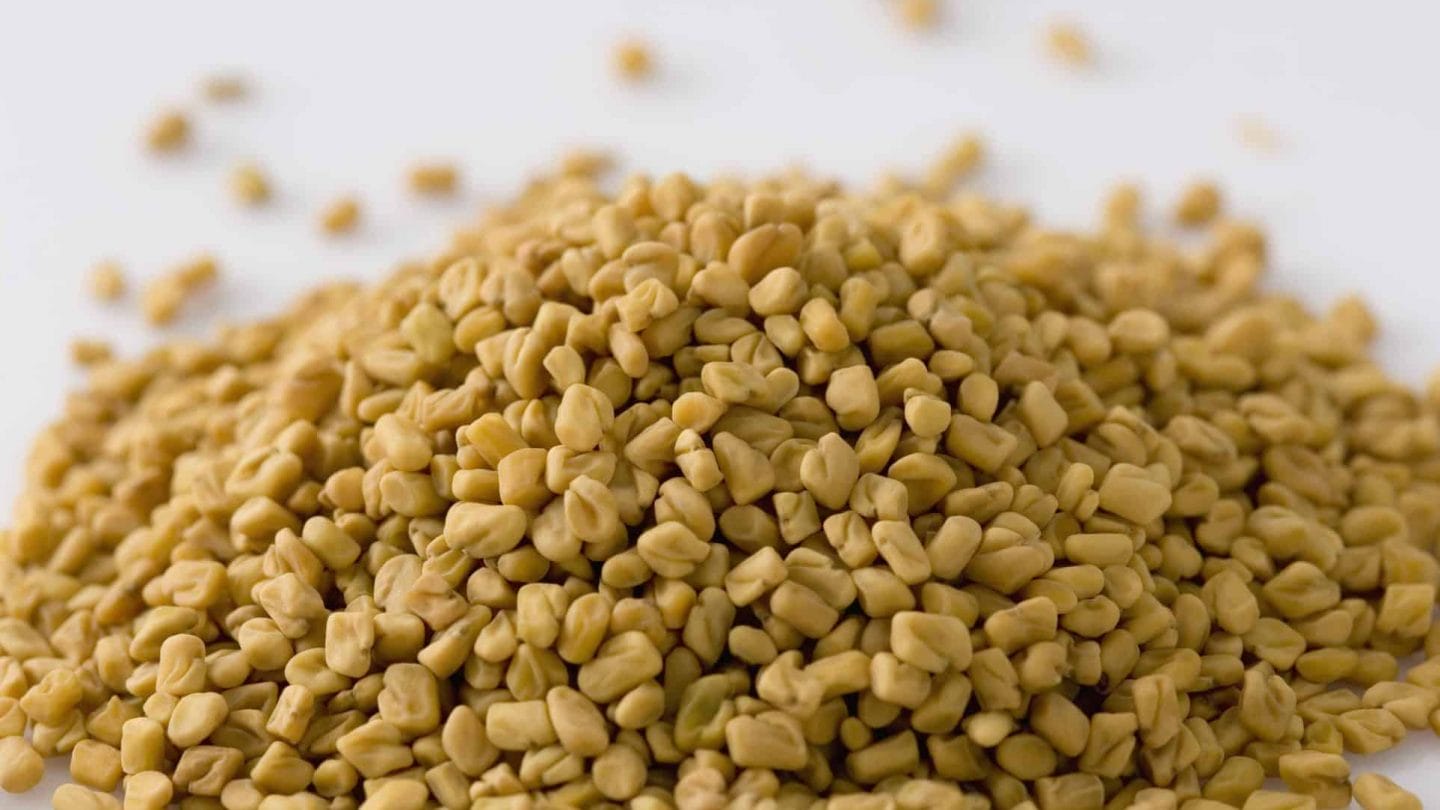
Fenugreek – properties and uses
Fenugreek is known for its many health health promoting properties, which has led to its application in in medicine, cooking and cosmetics. It is an excellent way to strengthen hair and prevent hair loss. However, these are not not the only advantages of fenugreek. The plant contains numerous biologically active substances biologically active substances which support our health and beauty. What is fenugreek, how does it affect our body and why is it worthwhile it is worth using?
Contents
- 1 Fenugreek seed – what is it?
- 2 What is contained in fenugreek? Composition
- 3 Fenugreek – health properties
- 4 Effect of fenugreek on the human digestive system
- 5 Cosmetic uses of fenugreek
- 6 Fenugreek in supplements for athletes
- 7 Fenugreek in the kitchen
- 8 Fenugreek – application with other medicines medicines
Fenugreek seed – what is it?
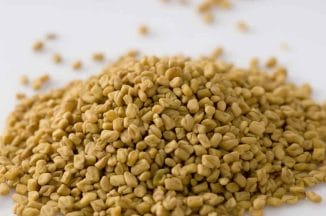
Fenugreek is a plant, native to Asia and Eastern Europe. It is also known under the names “God’s grass , “Greek hay” and “Greek limb”. The properties of fenugreek were already appreciated centuries ago, making it one of the medicinal ingredients of Asian medicine. The main part of the plant used for health purposes are the seeds. They are characterized by a tetrahedral or diamond shape and reach a length of up to 5 mm and a width of up to 3 mm.
Fenugreek is a plant which proves useful useful in the treatment of many diseases. It is known for its hair strengthening properties It is known for its hair strengthening properties, but it is also used to improve It is also used to improve eyesight and to lower blood sugar levels. It is one of the most valuable plants in the world, in Poland it is cultivated as as a fodder plant.
What is contained in fenugreek? Composition
The composition offenugreek is very interesting, many substances which are contained therein are of particular significance for our health. Among the nutrients contained in this plant are worth mentioning:
- mucilaginous compounds – protect the mucous membranes;
- steroid saponins – are characterized by properties supporting digestion and cleansing the body; they are also used in supplementation for athletes
- flavonoids – natural antioxidants;
- trigonelline – acts as a stimulant;
- Vitamin C, A, B6, thiamine, folic acid, riboflavin;
- minerals – calcium, iron, zinc, phosphorus, magnesium.
Fenugreek – health properties
Due to its rich composition, fenugreek is characterized by numerous health promoting properties. The most important of them are listed below.
Reduction of blood sugar levels
Mucilaginous substances contained in fenugreek prevent a sharp rise in blood glucose after a meal. A gruel made from fenugreek seeds is recommended in the diet of people with diabetes. Furthermore, the same seeds inhibit the breakdown of carbohydrates, and thus reduce glucose levels in the urine. In the composition of fenugreek fenugreek also contains 4-hydroxyisoleucine, which increases the secretion of insulin secretion of islet of Langerhans cells. The polyphenols contained in fenugreek polyphenols are characterised by properties increasing tissue sensitivity to insulin.
Lowering cholesterol levels
Another health effect fenugreek is another health effect which is useful for people who suffer from too high cholesterol levels. Fenugreek helps to lower these levels thanks to steroidal saponins contained in it which intensify metabolism of cholesterol and accelerate its transformation in the liver to bile acids. bile acids. However, this is not the end of their action. Steroid sopanins also improve the processes of excretion of these acids and absorption of fatty compounds. This causes cholesterol levels are lowered. This effect of fenugreek also prevents the formation of atherosclerosis and heart disease. W prevention the niacin contained in the plant helps.
Treatment of haemorrhoids
Fenugreek is a source of flavonoids, which seal the blood vessels. Thanks to these properties It is recommended for the treatment of rectal varices.
Antibacterial and antifungal effect
Fenugreek extract has an antibiotic similar to an antibiotic. It is effective against e-coli bacteria, staphylococcus aureus, pneumonia bacilli, salmonella gonorrhea. Aqueous solutions made from the plant show antifungal.
Help against bruises
Fenugreek is used in the treatment of treating inflammation of the skin. The compresses made from the plant have a soothing, softening soothe, soften and reduce swelling.
Effect of fenugreek on the human digestive system
Fenugreekseeds help to maintain the health of our digestive system. Due to their wide-ranging properties, they help to cope with various ailments originating from this part of our body.
Stomach ulcers
The polysaccharides contained in fenugreek cover the mucous membrane of the stomach with a protective layer that prevents pathogens from entering it. As a result, the swelling of the mucous membrane decreases and painful complaints become less troublesome.
Regulation of intestinal work
Thanks to its digestive-supporting properties, fenugreek is used in the treatment of illnesses such as dyspepsia, liver disease and the aforementioned ulcers. The seeds of the plant increase the secretion of gastric and pancreatic juice as well as stimulate saliva production. The high fiber content contained in the seeds speeds up digestion and regulates bowel function. Fenugreek is also used to improve appetite in children and adults.
Read also: Young green barley – a natural way to lose weight
Treatment of gastrointestinal parasites
Fenugreek can be found in many preparations fighting parasites of the digestive system. The main role in the fight The main role in the fight against parasites is played by the seeds of the plant.
Liver protection
Fenugreek can be used preventively. The effect of the seeds is compared to that of The effect of the fenugreek seeds is comparable to that of silmarin, which has a favourable influence on the functioning of the liver. The fenugreek seed has a purifying effect, combats toxins and inhibits the fibrosis fibrosis of the cells.
Fenugreek in the treatment of colon cancer
One of the less well-known fenugreek is diosgenin, which stimulates HT-29 cell death. These are These are the cells responsible for the formation of colon cancer.
Cosmetic uses of fenugreek
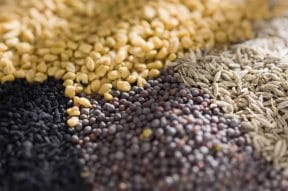
I mentioned earlier that fenugreek is known for its hair strengthening properties. This has led to it becoming one of the commonly used ingredients in shampoos and hair conditioners. However, this is not its only advantage for beauty enhancement. Fenugreek also finds its place in skin care products. Its effectiveness has been proven for improving the condition of acne and atopy skin.
Fenugreek in supplements for athletes
Fenugreek often appears as an ingredient in reduction or weight loss supplements. It supports fat burning processes and is also involved in testosterone production. Combined with other ingredients which have a beneficial effect on building and regeneration of muscles, fenugreek has found its place in the diet of athletes.
Fenugreek in the kitchen
In Asia, fenugreek seeds in powdered form are one of the most valuable spices used in cooking. Their taste is characterized by a slight, specific bitterness which may not be to everyone’s liking and that is why it is worth knowing that after roasting the bitter taste disappears. Fresh fenugreek leaves can be used as an ingredient in salads, sauces or dishes with rice or groats.
Fenugreek – application with other medicines medicines
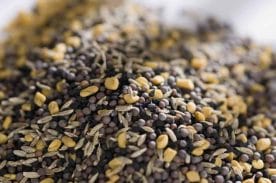
It is worth knowing that fenugreek, like many other herbs (sage, chamomile, St. John’s wort, papaya extract, ginseng, ginkgo biloba, purgative) can interfere with the effects of anticoagulant medications and therefore should be avoided by people who use them.


